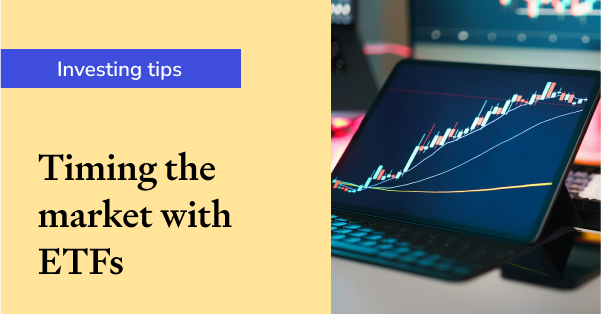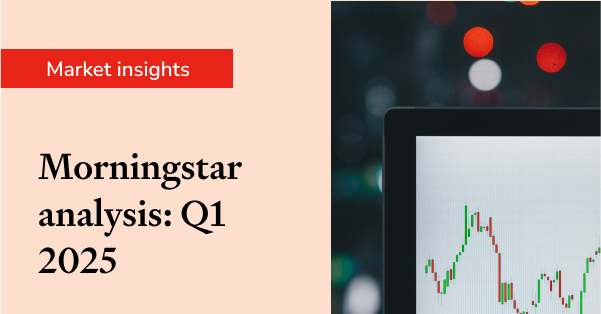SMSF Trading. How can I make investing most cost-efficient?
While some investors may be feeling concerned about current stockmarket uncertainty, the volatile markets appear to have done little to dampen our collective enthusiasm for self-managed superannuation funds. The sector is booming and recent numbers from the government regulator APRA show that self-directed investors poured an extra $44 billion into their super accounts in the past year to June 2010. The total amount of funds under management in SMSF at June 30 this year was estimated at $420 billion, and rising.
So how can investors maximise the benefits of running – even growing – their SMSF against the backdrop of volatile markets?
The state of the Greek debt default and its impact on global markets might be out of our control. But what if we take charge of those things we can control? Like the many variable costs that erode the overall performance result of your fund?
This is a key point, as many do-it-yourself investors often don’t consider the underlying costs associated with managing a portfolio, and the impact of these on overall returns.
It makes sense for investors to focus on minimising cost and freeing up funds for reinvestment. The good news for DIY investors is that that by exploring online services to help manage their portfolios they are in a good position to maximise cost effectiveness.
The costs of share investing generally fall into three areas: the cost of research and advice on what shares to buy; the cost of buying and selling shares (brokerage) and the cost of administering your portfolio.
Traditionally, these services would be bundled together by a full service broker or platform provider. This provides convenience, but the cost can be a significant drain on portfolio performance for many investors.
Online services now provide investors with the option to disaggregate these three areas and choose the individual providers that best suit them.
Online trading through an internet broker can save you money on your brokerage fees, while more and more of us are finding cost-effective advice, traditionally provided by a broker or financial adviser, through online advisory services.
Then there is the cost of portfolio administration. Using a broker, accountant or financial adviser to handle the significant tax and reporting obligations of DIY share trading can be prohibitively expensive for many investors. A good online share portfolio management system, which automatically records the data you need, can significantly reduce the time your accountant or adviser will have to spend on administration and record keeping – and therefore your bills – leaving you with more money to reinvest in your portfolio.
In short, while the complexities of investing in shares through your SMSF should not be underestimated, a growing number of services are being brought to market to make life easier for the self-directed investor. Nonetheless, before you jump head first into becoming the trustee of your own managed super fund, make sure you spend the time working out if this is the best option for you. And while you’re at it, spend some time looking into the cost of research and advice on the shares you wish to buy; the cost of buying and selling shares (brokerage) and the cost of administering your portfolio.
This information is not a recommendation nor a statement of opinion. You should consult an independent financial adviser before making any decisions with respect to your shares in relation to the information that is presented in this article.
FURTHER READING

8 ways to use Sharesight's custom groups feature
This blog explains our custom groups feature, including strategies that can help you gain deeper portfolio insights and make more informed investing decisions.

You can time the market – and ETFs are the way to do it
Marcus Today founder and director Marcus Padley discusses timing the market, and how investors can do this using exchange-traded funds (ETFs).

Morningstar analyses Australian investors’ top trades: Q1 2025
Morningstar reviews the top 20 trades by Australian Sharesight users in Q1 2025, and reveals where their analysts see potential opportunities.